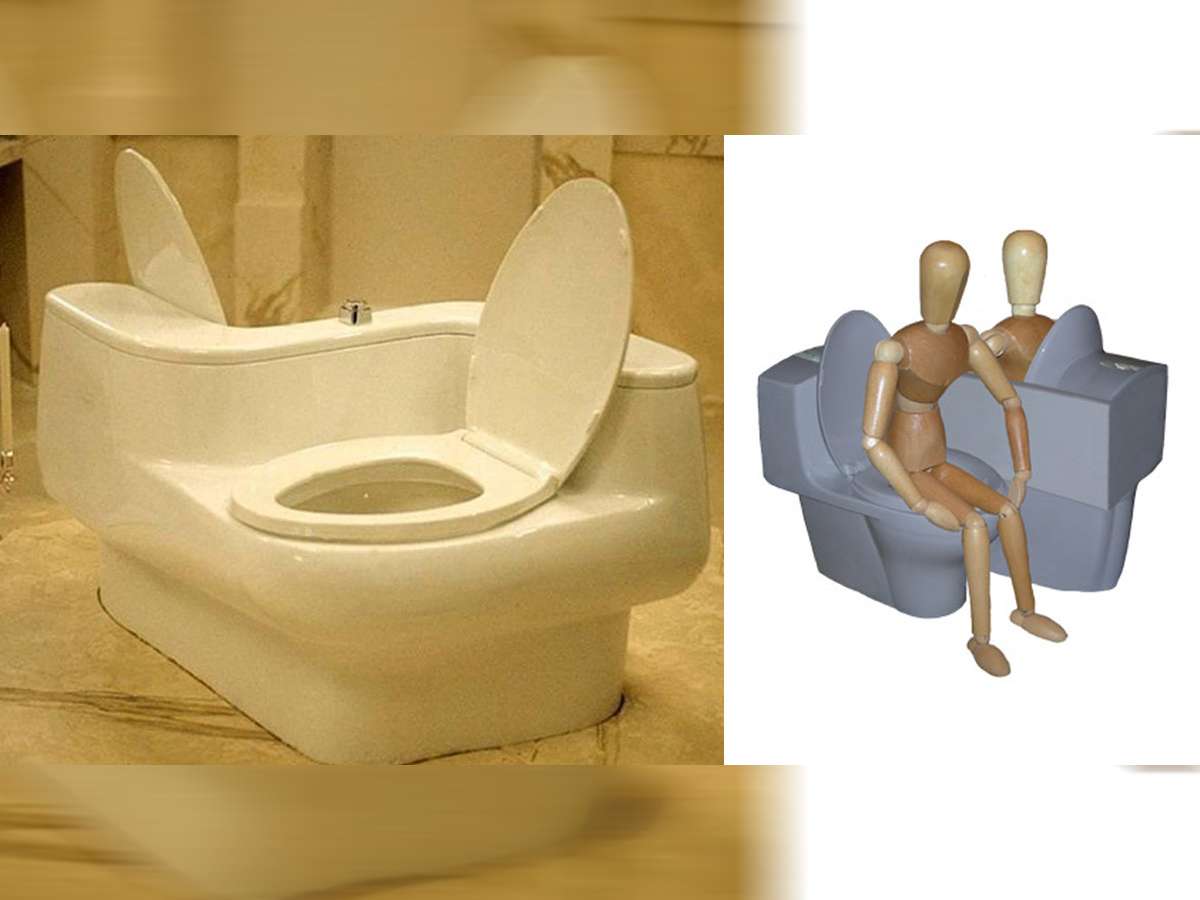When it comes to sealing granite, 3 questions immediately come to mind:
- Do I need to seal my granite countertops — and if so, how do I do it?
- How often do granite countertops need to be resealed — and which products should I use?
- What happens if you don’t seal granite countertops?
We’ll answer those 3 questions — and more!
Here’s everything you need to know about using a granite sealer…
Does Granite Need To Be Sealed?
That is the question that most people ask before making a granite countertop purchase.
And if your granite countertop was installed awhile ago, then you’re probably wondering if you need to reseal granite or not.
When I spoke to Jeremy and Edward at M&F Business Corporation, a granite slabs importer that sells wholesale to fabricators here in Georgia, their answer was that all granite must be sealed.
Usually, granite is sealed at the factory and after the fabrication process.
So the chances are good that your granite countertops have already been sealed — at the factory and/or upon installation in your home.
The real question is whether it’s time to reseal your granite countertops or not.
The question you should be asking is: When should you start resealing granite countertops?
How Often Do Granite Countertops Need To Be Resealed?
There is no single answer to that question. It depends on these things:
- How often you cook in your kitchen.
- How much wear and tear you put into your countertop.
- How you clean your granite countertops (whether you use chemicals or not).
- The quality of the granite sealer that was applied previously.
- How absorbent your granite countertop is right now.
Typically, a factory-applied granite countertop sealer lasts 10 years or more.
I asked Jeremy how often homeowners need to apply a sealer to their countertops, and his reply was that the installers can apply a granite sealer that will last 20 years or longer — so be sure to ask for that, if you’re involved in the installation process.
Generally speaking, most people reseal granite countertops every 1 to 3 years.
TIP: Use the simple DIY tests below — to determine if your granite countertop has already been sealed or not, how absorbent your granite countertop is at the moment, and when you should be prepared to reseal it again.
Fortunately, the process of sealing granite (described below) is really simple to do!
How To Tell If A Granite Countertop Is Sealed Properly
You need to see how absorbent your granite countertop is at the moment — the more absorbent it is, the more it needs to be sealed.
There are 2 ways to test a granite countertop (or any stone countertop) for absorbency, and also determine if the stone is mixed with calcite or other minerals that are sensitive to acidic spills.
NOTE: Having the smallest amount of calcite in your granite countertops will make them more susceptible to stains and markings — due to a chemical reaction with acidic liquids like lemon juice, orange juice, household cleaners, and more.
#1 – The Oil And Lemon Test
How to do it:
- Line your granite samples on a table with the polished side up, and then dust them thoroughly.
- Spill a few drops of lemon juice and cooking oil on each one of them. Be sure to use different spots on the surface of the stone for the juice and oil.
- Let the lemon juice and the oil sit on the surface of the stone for 5 minutes or so, and then wipe it dry.
How to interpret the results:
- If you notice dull spots where the lemon juice hit the surface, you do not want this granite for your kitchen countertop. This “granite” is mixed with calcite or other acid sensitive minerals, and maintenance will be a nightmare!
- If the stone surface turns dark almost immediately, you do not want this granite for your kitchen countertop. This “granite” is extremely absorbent and you will be a slave to it!
- If it takes 30 seconds or a little more to turn dark, then you may have a stone that can be controlled with a good quality impregnator sealer
.
- If it takes more than 5 minutes, then you have a stone that probably doesn’t even need to be sealed!
Here’s some more information on how to seal granite.
#2 – The Water Drop Test
How to do it:
- Drip a small puddle of water on your stone. That’s it!
How to interpret the results:
- If it darkens quickly, you should seal the granite with a few coats and re-seal it every 3 years. Always wipe up any spills ASAP.
- If the stone takes 4 to 5 minutes to darken, a good impregnator sealer should be applied and re-applied every 3 to 5 years.
- If the stone darkens in 10 to 15 minutes, apply one coat of sealer then check it again every 3 years or so for absorbency.
- If the stone darkens in 30 minutes or not at all, consider yourself lucky and sealing may not be necessary due to the hardness of the stone.
Refer to the instructions if you are still unsure of what to look for or how to interpret the test.
Impregnator Sealers vs. Topical Sealers

There are 2 types of granite countertop sealers:
- A topical granite sealer sits on top of the stone and coats it.
- An impregnator granite sealer is absorbed into the stone and protects it from within. (This type is also known as impregnating sealer or penetrating sealer.)
An impregnator granite sealer is typically your best bet because impregnator sealers actually penetrate below the surface of the stone — restricting water, oil, and dirt from entering the stone.
For all polished and smooth surface, an impregnator is mandatory since sealers (which are surface coats) will not bond and will be easy abraded [worn away over time].
~ Royal Services
Personally, I apply a fresh coat of impregnator sealer to my granite countertops every 2 to 3 years.
And I’m not alone. Tom Silva, the well-known contractor from This Old House reapplies an impregnator every 2 years to his granite countertops:
We have granite countertops in our kitchen and love them. They really don’t take a lot of care. The first thing we did when they were installed was to wipe on a solvent-based sealer called an “impregnator” with a soft cloth. I put on one coat, then waited a day before applying a second coat. You’ll probably hear various stories about how long this stuff lasts, but in our house we find it’s good for about 2 years.
~ Source
There are a few schools of thought regarding impregnator sealers vs. topical sealers. So I’ll let you read and be the judge:
Whether you decide to go with a topical granite sealer or an impregnator granite sealer, one thing’s for sure: your granite countertops must have one or the other!
How To Seal Granite Countertops Yourself
It’s important to note that sealing granite countertops does not make them 100% stain resistant — because granite is a naturally absorbent material, and certain liquids will find a way to leave a stain if you’re not quick to clean it up.
Sealing granite merely gives you a little more time to clean up spills before they eventually seep into the tiny fissures that naturally appear in granite slabs.
Must read: How A Granite Countertop Sealer Works
Sealing granite is a very simple DIY project.
Here’s how to do it:
- Simply wipe a granite countertop sealer
on.
- Let it set about 30 minutes.
- Then wipe it off.
Be sure to follow the manufacturer’s instructions for the granite sealer you chose.
What Happens If You Don’t Seal Granite Countertops?
If you don’t use a granite sealer on your countertops (or you wait too long before resealing granite countertops), they will:
- Absorb food, grease, and liquids — causing set-in stains on your countertop.
- Absorb water — making the countertop always look dirty.
- Absorb chemicals that are in cleaning products — which will discolor and damage your countertop over time.
Unsealed granite is not wise for any countertop.
-> Here are the differences between an unsealed granite countertop and a sealed granite countertop.
TIP: Whether your countertops are sealed or not, you should not use citrus-based cleaners — because citrus quickly wears off any granite sealer that was applied, and (even worse) eats away at the calcium that is naturally in the stone, leaving pits and etching.
One of the biggest offenders in natural granite countertop cleaners is citrus or acidic products such as vinegar. Not only will these materials dull the granite’s appearance, but they can also etch or cut the stone. While the etching might appear almost instantly on some countertops, the damage isn’t always immediately apparent. Don’t let this fool you into thinking that it’s safe to use acidic products on your granite countertops — the damage is bound to show up over time. You should also stay away from Windex or similar products. In most cases, a product like this is too harsh for granite and can remove the stone’s valuable seal, making it more prone to a buildup of dirt, grime, and bacteria.
~ Source
The Best Granite Stain Remover
Is your granite countertop already stained? Looking for some advice on removing stains from granite?
There are a few different products on the market for granite stains, but you will need to know what caused the stain in order to effectively remove it — it’s a molecular-level, chemical kind of thing.
Two great products come to mind:
- HMK has a line of stain removers based on what caused the stain.
- Miracle Sealants
also has a few specialized products for unique granite stains.
Granite is an awesome choice for countertops. But like anything worth having, you must take proper care of it if you want it to last as long as possible (or indefinitely, like it would naturally).





